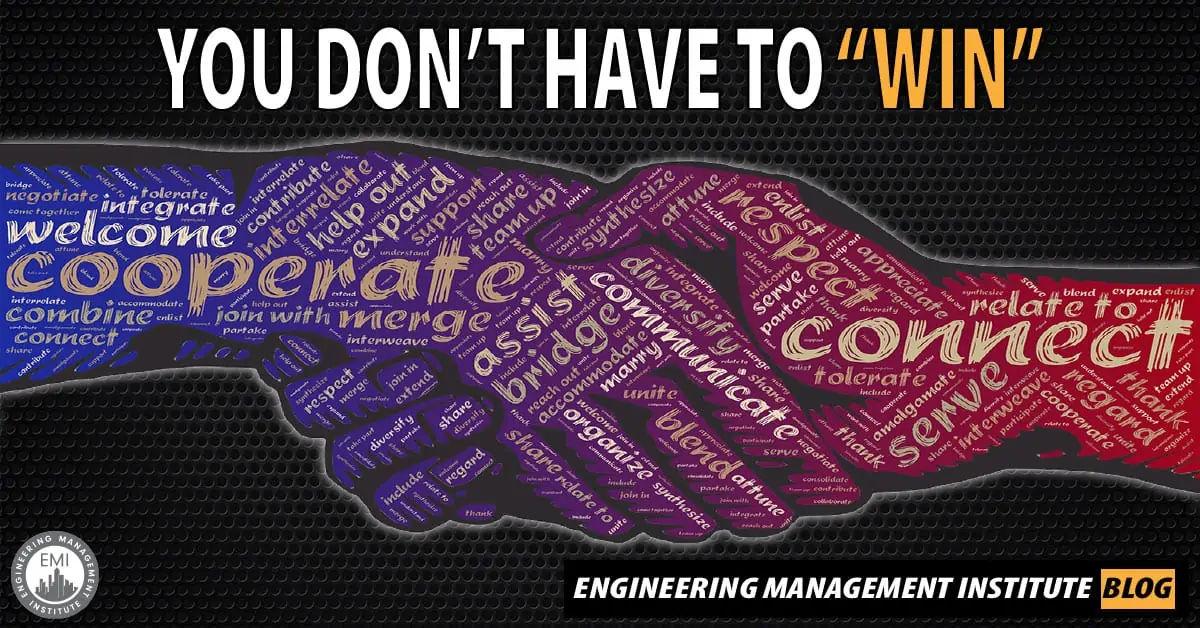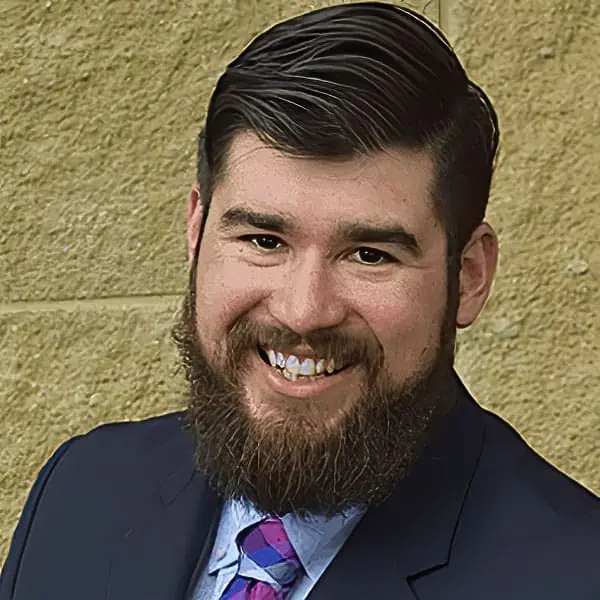This is a guest blog by Fernando A. Ceballos, P.E.

Even though “sales” may have a negative connotation, remember that the deal is between two PEOPLE. I highly suggest that when you engage with someone, you seek first to understand their needs and not just focus on the outcome that you want.
WHAT Do THEY Want?
It is unfortunate how many times I have sat through a “Lunch & Learn” where a company comes in and does a pitch. They talk about the cool technology, the patents, and the different city approvals they have received. When they finish their slide deck, they thank us for our time and then the conversation starts: “So, what do you all do?”
This is a perfect example of how the company doing the pitching failed to first understand their audience. It isn’t until the presentation is over and the business cards go around the table that they realize they pitched the completely wrong products/services. You have to make sure you do your homework and ask the right questions before it’s your turn to talk. You can’t sell or ask for something that the other person doesn’t want or have to give.
WHY Do THEY Want It?
You have to identify the hidden premise behind what the person is asking for and avoid getting lost with the superficial topics they tend to use. Be intentional with the questions you ask in order to peel into WHY they need what they are asking for. Developing rapport early on is crucial to how effective you will be in understanding their true intentions.
WHAT Do YOU Want?
“If you don’t know where you are going, any road will get you there.” Sometimes we get lost in conversation or on the pursuit of a feeling. We start conversations for the sake of having them and we have no idea where things will end up.
Having a clear understanding of what you want is critical. It is also important that you outline the cost of your demands. Does it come at the expense of someone else? Does it impact another team member? Getting your way may sometimes require a compromise, and you have to be prepared to know what you are willing to bend on before the proposition is made.
WHY Do YOU Want It?
Selling yourself is a difficult skill for most people, but that is exactly what you have to do when you are in an interview. Show your best qualities, prove you are worth a certain amount, and do your best to show how you belong in the new company. After all that work, that’s when the salary negotiation begins.
I’ve seen people ask for larger amounts of money to justify being away from home and to be able to afford larger vacations to “make up” for lost time. However, if your intention is to have more time with your family, that’s not the straightforward way to get it. Ask for a flexible schedule, not a bigger paycheck. The best way for you to get what you want is to understand WHY you want it. You may be asking for the wrong things!
Every interaction can be a good one if you do your best to keep both people’s priorities at the forefront. A story from the book “Getting to Yes” has stuck with me and helps me get out of trouble sometimes. There were two people fighting for an orange and they wouldn’t let up. They argued and fought over who would take the fruit. Long story short: One of them wanted to eat the orange, and the other needed the peel for a pie. They BOTH got what they wanted when they slowed down to ask, “WHY/WHAT do you need it for?”
Good luck out there!
Book Recommendations
“Getting to Yes” by Roger Fisher and William Ury
“Start with Why” by Simon Sinek
“Made to Stick: Why Some Ideas Survive and Others Die” by Chip Heath and Dan heath
“Influence: Science and Practice” by Robert Cialdini
About the Author Fernando A. Ceballos, P.E.

We would love to hear any questions you might have or stories you might share about sustainable sales platforms.
Please leave your comments, feedback or questions in the section below.
To your success,
Anthony Fasano, PE, LEED AP
Engineering Management Institute
Author of Engineer Your Own Success



